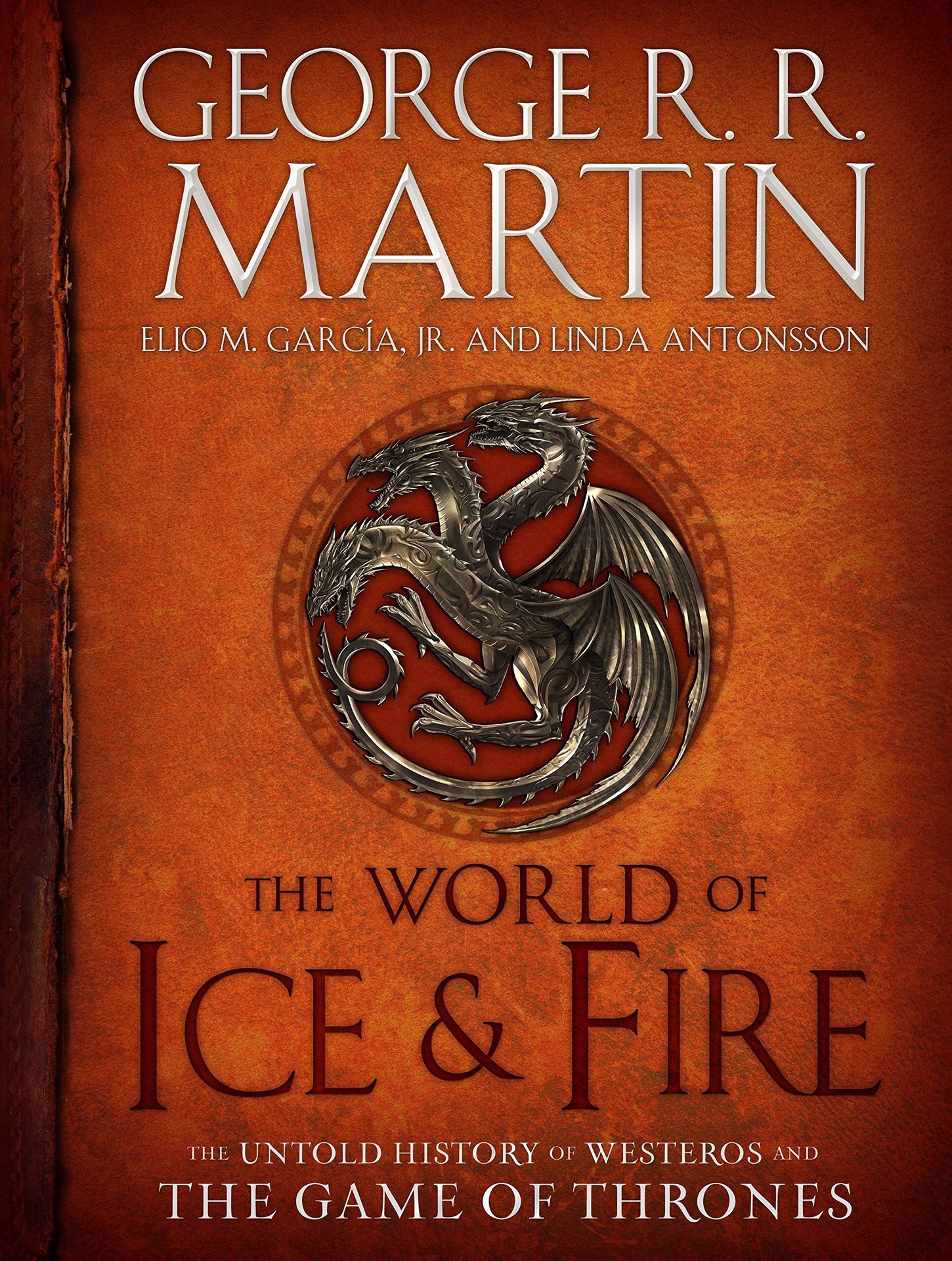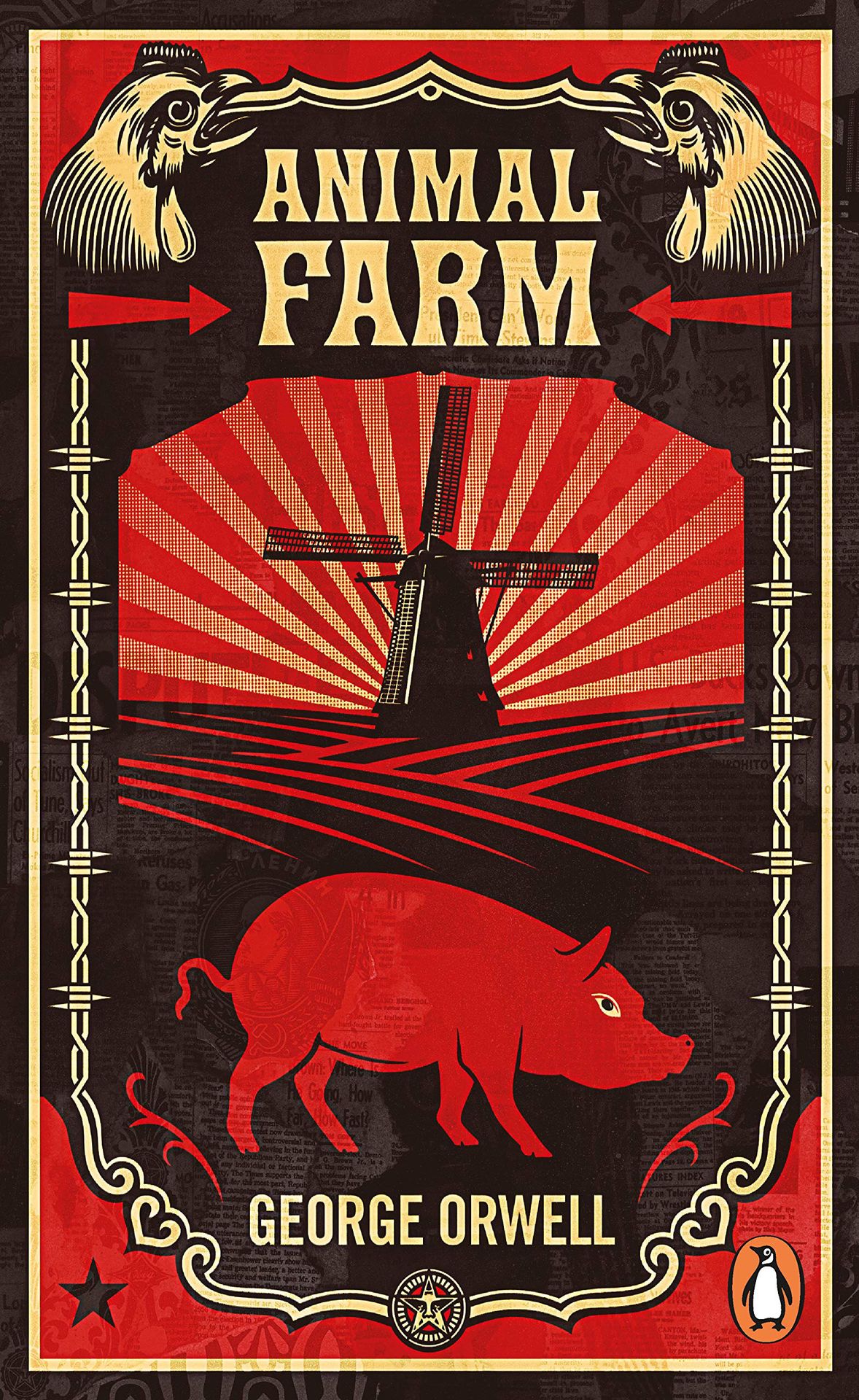Political Fantasy

Politics and fantasy might seem a peculiar combination. After all, one associates politics with real world conflicts, uncertainties, impending war, back-handed dealings, and lots and lots of unsavoury mud-slinging by politicians all around the world. Whatever does it have to do with the world of magic, elves, and spells? (Warning, may contain small spoilers)
If we look at the definition of politics, we see: "the activities associated with the governance of a country or area, especially the debate between parties having power"; "activities aimed at improving someone's status or increasing power within an organization." (Source: Google)
Once you put politics in the context of 'struggle for power', suddenly a myriad of published fantasy works spring to mind. A Song of Ice and Fire is rife with it, from the power struggles between families, the shifting border lines, the lucrative deals struck between families for alliance or for firepower, and the underhanded assassinations to secure ascension to higher powers. ASOIAF, for the history geeks, is obviously based on the Wars of the Roses: Lancasters (red rose) as Lannisters, York (white rose) as Starks, and possibly the Tyrells as Tudors. The dynamics in the Lancaster family reflects that of the Lannisters: an incompetent male leader, a scheming and string-pulling wife, a son on whom the wife dotes. The Yorks win several battles over the Lancasters, although Richard of York dies in battle and his son, Edward, then becomes king (Edward IV). Edward later marries a woman against his supporters' wishes and is killed when the Lancasters attack the Yorks, similar to the Red Wedding. Edward's two sons are captured and proclaimed illegitimate, reflecting on the claims on the two Lannister boys.

When Dumbledore publicly disobeyed the Ministry of Magic in Harry Potter, the ministry swooped in and revamped the school, brainwashing the students with essentially political propaganda. The students, in turn, formed Dumbledore's Army as resistance and struggled to regain control of their school. Snape's undercover mission was to uncover weaknesses in the enemy and utilise it for the greater good, becoming a pawn in the bigger power game.
Take it from another angle: dystopia is a sociopolitical issue multiplied tenfold. Dystopian fantasy thrives on politics. Society demands entertainment and is a fiercely unforgiving survival-of-the-fittest setting. Hype it more and make the participants teenagers and you have The Hunger Games, where Capitol controls whether people get to feed or starve, become rich or poor, become successful or snuffed overnight.
Society likes labels and people fitting neatly into their boxes, fulfilling their roles -- the nurses must be caring, the accountants efficient, the lawyers ruthless -- and if you don't, you are ridiculed or chastised. Again, hype this up more and turn its participants into teenagers and you have Divergent, where you are forced to fulfil a role based on the clan you choose and the different factions struggle to rule over Chicago. Society deems men powerful and women submissive, with power expected in a male sitting in the seat of influence. Hype it more and stick a toxic river in the middle and you have The Gender Game, where men dominate women on one side and vice versa on the other.
If we go back a bit, Orwell's Animal Farm is an allegorical "fairy story" satirising the evolving Russian communism and the conflict between Marx/Lenin, Stalin, and Trotsky. Through the animals' talks and eventual squabble, rise, and downfall, Orwell criticises Stalinism and compares it to a dictatorship.
Politics is the struggle for power on a background of controlling groups of people or area. If you look at the real world, you can see examples in the Syrian conflict, the political mud-slinging undertaken by British politicians in the recent general election, religion at all points in history, and the growing tension between the USA and Russia.

Politics is part of the human world, part of our social construct. What makes political fantasy so riveting, both as a reader and a writer, is that parallels can be drawn from real life, making it utterly relatable in a sea of fantastical things like dragons and magic. It draws the readers in as they feel the struggle in the characters and the rise and fall of associations through their own knowledge or experience of real life events, anchoring them in an otherwise alien world. It makes fascinating plot fodder as the writer can put in their own criticisms of each side behind the facade of fiction and add extra thrill to their story.
Not all writers are like Orwell, who conveys his own disdain for the Soviet Union at the time through his own story. Writers that dabble in politics without blatantly pushing an opinion often use it to flavour their own works, outlining the social context and the hierarchy, adding pace, and throwing in a health dose of conflict and drama.
For me, utilising real-world politics and adding a spin onto it allows me to see different outcomes to the same situation. What if Germany won WWII? What if the miners' strikes succeeded? What of a certain piece of political propaganda is revealed for what it truly is, and the citizens rebel? We writers take inspiration from all around us: one particular person in our lives may give birth to a character in our works, one sassy comeback will become the highlight of a chapter, one encounter may blossom into an entire novel.
If we look at a story down to its basics: a protagonist and an antagonist. If there are groups of people supporting each side and power or control involved, you already have politics in your story. Add in some backstabbing, mud-slinging, name-calling, fragile relationships between questionable side groups, short-lived victories and losses, and an occasional uprising, you already have the making of great fantasy politics.

Example of Political Fantasy on Wattpad:
Rune Mage by KatrinHollister
Synopsis:
"Seiren killed her mother and trapped her sister's soul in a stone. She will stop at nothing to atone for the greatest mistake of her life and restore Madeleine, even at the cost of her own humanity.
The magic-wielding country of Karma and demon-commanding country of Hanna are on the brink of war. Civil unrest and increasing pressure from the king catapults Seiren into a terrifying game of deception, politics, and betrayal. The battle may be against the demon summoners, but the war is against something far darker and more powerful."
Excerpt:
Seiren rushed at him, trailing the chalk behind her and completing the rune at the man's feet. Avoiding his wild limbs, she managed a simple sketch. Simple, but effective enough. A snap of a finger covered his feet in flames. His cloak caught fire, his skin following soon after. The air was filled with the scent of burnt flesh once more, accompanied by agonised shrieks.
Stop this! You'll kill him!
Ignoring Madeleine's voice, Seiren cast another volley of red-runed tiles at him. They exploded into shards, embedding into his legs. His voice reached a crescendo. He collapsed onto the ground, writhing, one hand held to his bubbling face, the other to his shredded legs. She felt not a single drop of sympathy for the dying man. Each time he took a ragged breath to make another scream, Seiren inhaled with satisfaction.
You're not a killer, Seiren. He's not even our target. Stop this, right now. This isn't you.
A final rune. She added in extra designs, maximising the release of energy. A tidy circle, ensuring no mistakes. The ground beneath the Hannan glowed red. Seiren pressed her middle finger and thumb together.
A crack came from behind her. Seiren whipped around, distracted. Another enemy?
A rumble shook underground. Before her wide eyes, the rune she'd carefully crafted shook – and shattered.

More on Fantasy and Politics:
Elif Shafak | The politics of fiction | TEDGlobal 2010
https://youtu.be/Zq7QPnqLoUk
Maria Golubeva | Why medieval politics was nothing like Game of Thrones | TEDxRiga
https://youtu.be/42309TEOzf8
Bạn đang đọc truyện trên: AzTruyen.Top